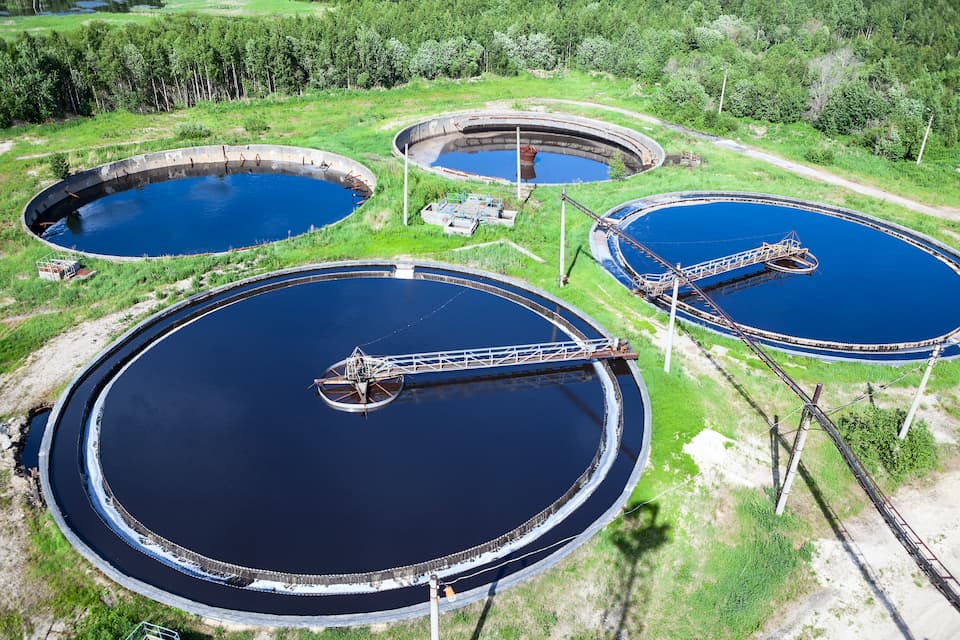

The World Class Asset Management (WCAM) programme was a major transformative project aimed at maximising operational efficiency and performance and driving financial benefits through the adoption of leading strategic asset management. Valued at £35 million, this ambitious project aimed to achieve a number of significant outcomes, including a positive regulatory determination, the establishment of key foundations for future planning and operations, and to ensure long-term sustainability of the asset base and the company.
The programme was an investment with clear returns. By modernising asset management practices and aligning with regulatory standards, United Utilities aimed to unlock substantial financial benefits and establish itself as a leader in the industry.
The programme encompassed a broad spectrum of workstreams, that covered many regulatory, asset management and operational processes. Each workstream was tailored to enhance core capabilities and streamline the investment planning and operational processes. All technical improvements were supported by a bespoke change workstream to ensure that the new systems and processes were truly embedded and handed over.
The workstreams were significant projects in their own right, with major investments being made on data quality surveys and data quality improvements, many system implementations, and new investment planning activities. Other scope areas included policy and strategy development, customer engagement and operational planning.
We were asked to provide programme management support after the programme had started. The programme was struggling to deliver and required re-structuring, re-design and greater delivery focus. We provided the necessary leadership, control and management and supported the programme with a technical support in a number of key areas.
As the programme progressed, it’s scope expanded to directly manage most areas of the Price Control submission. Building upon the success in delivering the transformation, our processes and organisation were able to quickly manage the delivery of many of the Price Control submission elements. This included investment planning, the completion of the data tables, establishing the assurance and audit processes, and the production of several business plan chapters.
The implementation of the programme was heralded as one of the most successful within the company. It delivered the programme objectives, under-budget and on-time. As a result, the programme was seen as a useful delivery mechanism, and was therefore utilised to deliver the associated Price Control submission.
A key ambition of the programme was to leave a legacy and make sure that the new processes and systems were fully embedded and continuously improved going forward. This was achieved and the capabilities adopted for other transformation programmes that have been undertaken since.


